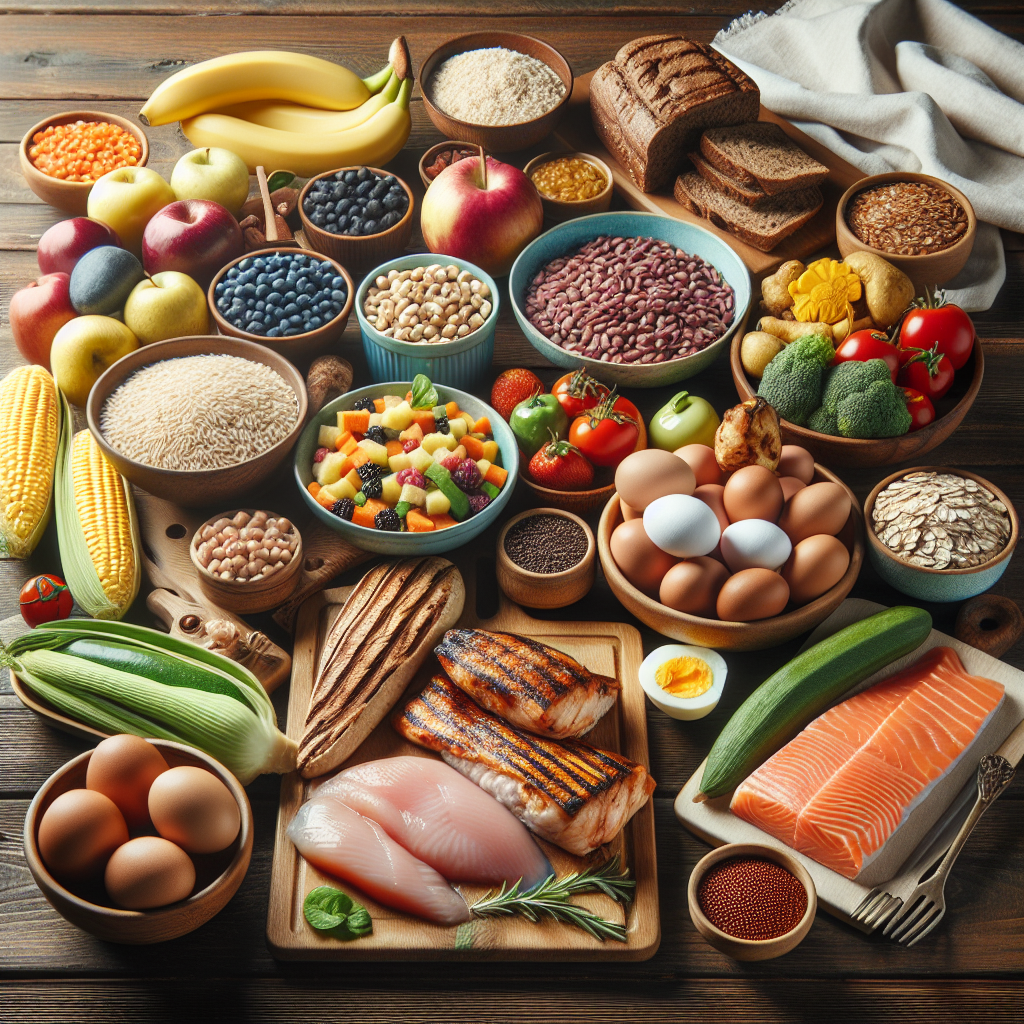The quest for optimal performance in fitness and sports often leads to a deep dive into the world of nutrition. While the quality of the diet is paramount, the timing of nutrient intake can play a crucial role in achieving peak physical condition and enhancing athletic performance. This concept, known as nutrient timing, revolves around the idea that consuming the right type of nutrients at the right times can improve recovery, increase energy levels, and contribute to overall health.
The Science of Nutrient Timing
Nutrient timing involves strategically eating foods at specific times in relation to physical activity. The goal is to fuel the body, support recovery, and maximize the benefits of a workout. The three critical windows for nutrient timing are the pre-workout, intra-workout, and post-workout phases.
Pre-Workout Nutrition
The pre-workout phase is about preparing the body for the upcoming exertion. Eating the right foods can ensure that you have enough energy to perform at your best. Carbohydrates are the primary focus during this time, as they are the body’s preferred energy source for high-intensity activities. However, protein should not be neglected, as it can help to prevent muscle breakdown during exercise.
For example, a study published in the "Journal of the International Society of Sports Nutrition" emphasizes the importance of a pre-exercise meal to enhance athletic performance. However, the timing can vary based on the individual and the type of activity. It’s generally recommended to consume a meal rich in complex carbohydrates and protein about 2-3 hours before exercise.
Intra-Workout Nutrition
Intra-workout nutrition is less commonly practiced but can be crucial during prolonged or particularly intense training sessions. Sipping on a carbohydrate-electrolyte solution can help maintain hydration, replenish electrolytes, and provide a steady stream of energy. This is particularly important in endurance sports or activities lasting longer than an hour.
Post-Workout Nutrition
Post-workout nutrition is critical for recovery. This is the time when the muscles are primed to absorb nutrients to repair and grow. Consuming carbohydrates post-exercise replenishes glycogen stores, while protein provides the amino acids necessary for muscle repair.
A study from the "American Journal of Clinical Nutrition" found that ingesting protein immediately after exercise significantly improves muscle protein synthesis. This underscores the importance of the post-workout nutritional window, suggesting that a meal or snack should be consumed ideally within 30 minutes to 2 hours after exercise.
Linking Nutrition to Fitness Goals
Nutrient timing should be tailored to individual fitness goals. Whether aiming to improve balance and stability, burn fat through interval training, or enhance digestive health, aligning your nutrient intake with these objectives can significantly impact results.
For instance, an individual focusing on weight loss might prioritize a pre-workout meal that includes a balance of lean proteins and complex carbohydrates to fuel the workout without overconsuming calories. On the other hand, someone targeting muscle gain might increase their protein intake post-workout to support muscle recovery and growth.
External Resources for Further Reading
Delving into the intricacies of nutrient timing can be overwhelming, but several high-quality resources provide niche, specific information to deepen your understanding:
- A thorough review on PubMed explores the effects of nutrient timing on muscle strength development during resistance training, which can be particularly enlightening for those focused on strength goals.
- The National Institutes of Health (NIH) offers comprehensive research articles on the role of carbohydrates and protein in sports performance, including timing strategies for optimal results.
- For endurance athletes, the International Society of Sports Nutrition provides guidelines and position stands on the best practices for nutrient timing in relation to long-duration events.
Practical Application of Nutrient Timing
Implementing nutrient timing into your routine does not have to be a complex endeavor. Here are some practical tips to get started:
-
Pre-Workout: Aim for a meal that combines complex carbohydrates with a moderate amount of protein. A brown rice bowl with grilled chicken or a smoothie with fruits, vegetables, and a scoop of protein powder can be excellent choices.
-
Intra-Workout: If engaging in extended or high-intensity workouts, consider a sports drink that contains both electrolytes and carbohydrates to maintain energy and hydration levels.
-
Post-Workout: The post-exercise meal is arguably the most important. Focus on a combination of carbohydrates to replenish glycogen and protein to aid in muscle repair. A lean protein source like fish or chicken with a side of quinoa or sweet potatoes can be ideal.
The Bigger Picture of Fitness and Health
While nutrient timing is a valuable aspect of nutrition for fitness enthusiasts, it’s essential to remember that overall diet quality and lifestyle choices play a significant role in achieving health and performance goals. Regular physical activity, adequate sleep, stress management, and a balanced diet are all crucial components of a healthy lifestyle. Incorporating practices such as yoga for stress management and understanding the impact of diet on workout recovery can further enhance the benefits of nutrient timing.
In conclusion, nutrient timing is a nuanced but invaluable tool that can help maximize the benefits of your fitness routine. By understanding and implementing the principles of pre, intra, and post-workout nutrition, you can support your body’s needs, improve performance, and accelerate recovery. As with any dietary changes, it’s recommended to consult with a nutritionist or dietitian to tailor the approach to your specific needs and goals.



